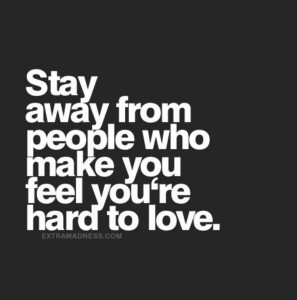 I know it’s been ages since I’ve checked in, but the author side of my life had to fall by the wayside when my day job took over. For the first time in over a year, I popped onto Amazon and Goodreads to see if people were still reading Flawed and how they were feeling about the book.
I know it’s been ages since I’ve checked in, but the author side of my life had to fall by the wayside when my day job took over. For the first time in over a year, I popped onto Amazon and Goodreads to see if people were still reading Flawed and how they were feeling about the book.
You guys are still reading. And holy hell, you’re responding!
I’m so incredibly grateful that Flawed has found a place in so many readers’ lives. Nothing makes me happier than seeing the raw emotions the book evokes, even if the reader wound up hating the story. The fact that someone chose to spend their time on a book I love still blows my mind, even two years later. I’ll never be able to thank you all enough.
Today, I stumbled across a review that reminded me why I wrote the book in the first place, and highlights the underlying issue I was trying to address. It’s not my place to tell readers how to interpret what they’ve read, and I love that part of the magic of writing/reading is that no two people will get the same thing from a story. That said, it’s always a treat when someone sees the same thing I did. Thank you, Autumn, for your lovely review!
So this is a really hard book for me to rate, because so much of what I took away from it was colored by what I saw others saying about it. Maybe that doesn’t make sense. Let me try again.
This was a good book. It was powerfully written and either Kate Avelynn has experience with abusive relationships, or she’s done an absolutely incredible and insightful research project. Spot on in terms of accuracy, holy cheez whiz Batman. I actually had to take a break about two-thirds of the way through to get some emotional distance, and it’s been a few weeks now since I finished it – it’s taken me a while to calm down enough to write a review.
So the book is great. What’s the problem, then?
The problem is I read the reviews.
You guys, the reviews scared the sweet banana wrappers out of me. I had to have a glass of bourbon; I almost cried.
Specifically, I read a lot of talk about how this “wasn’t a story of hope” and a LOT of debating over the “love triangle” between James and Sam, and how James is messed up but it’s such a hard decision to make!
SPOILERS!
Dude. It isn’t a love triangle. No no no no NO. James does not love anyone, much less his sister. It is not a love triangle. It is not romantic. THIS IS NOT LOVE.
*deep breath*
What James does to Sarah? That is textbook abuse. I mean literally, I have read textbooks. It is like, heartbreakingly accurate, point-for-point, paint-by-numbers abuse. He talks a lot about how much he loves Sarah, but every time she has an opinion or a need or a feeling he doesn’t like, he withdraws that love.
Oh, you don’t like me getting high? You want to go home? Fine, I will leave you alone with dangerous strangers to punish you and it will be your fault. That is not love.
You can’t have your own happiness. You cannot be independent, or have a job, or have any agency in your life. You want to go to school? No. That is not allowed. That is. Not. Love.
You may not have friends. You may not have feelings I don’t know about and approve of. You may not have boundaries. THAT IS NOT LOVE.
When you love someone, you don’t punish them for having needs. You don’t abandon them in the woods and then fly into a rage because they thwarted your “punishment” by letting someone protect them. He intended for Sarah to spend the remainder of that party alone and frightened and miserable, and a huge factor in his anger stemmed from the fact that it backfired.
In the end, though, Flawed does have a hopeful ending. The specifics of the ending (trying hard to avoid hardcore spoilers) sucked. It would have been nice if that hadn’t gone down the way it did. But…from a literary standpoint, I kind of think it was necessary. Sarah was still incredibly passive. Maybe she would have left James (I have my doubts, but theoretically speaking here). Would she have learned to fight for herself instead of letting someone else save her? Would she have learned that you can’t save anyone else, and no one can save you? Would she have forgiven herself?
Eventually, maybe. But reading her growth after a year of grieving is a hell of a lot more satisfying than the more common ending, which usually involves years of therapy, codependent relationships, and tragedy.
I really wish this book had an author’s note at the end, making the abuse message more explicit and providing resources for further education and/or help for those who need it. Reading it, I thought the point of James’s controlling behavior was incredibly clear, but reading about what others took from it…I think it needs to be dropped like an anvil. We glorify and romanticize abuse enough that it can be hard to spot; pointing out the difference and repeating that “abuse is not love” is still a long way from being irrelevant.
Per Autumn’s request, here is my author’s note.
Abuse is not love. It’s not. And it breaks my heart when I see someone seeking out “love” without questioning the strings attached. Add to that the desperation of someone who has suffered abuse at that hand of another, and the need to be loved is incredibly powerful. So powerful, it blinds you to the truth. This goes for Sarah as well as James.
“The greater the power, the more dangerous the abuse.” -Edmund Burke
Abuse doesn’t have to be physical. If the person you love is isolating you, making sure you’re dependent on them, withdrawing their love when you do something they don’t like, or telling you that no one will love you the way they do, this is not love. If you’re not ready to walk away, or if you don’t think you’re strong enough to walk away on your own, talk to someone who can help.
“People think being alone makes you lonely, but I don’t think that’s true. Being surrounded by the wrong people is the loneliest thing in the world.” -Kim Culbertson
Be safe. Be loved. And always, be true to yourself.

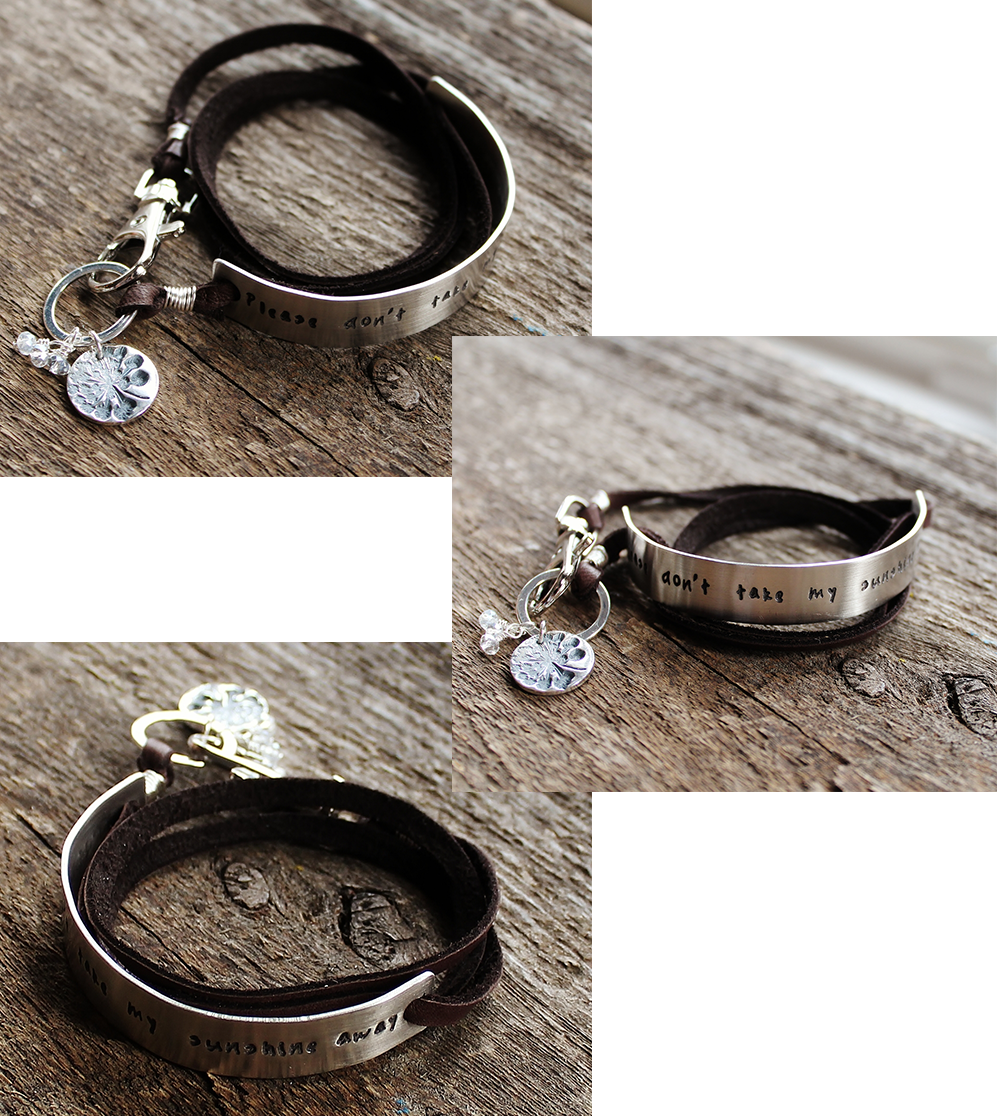
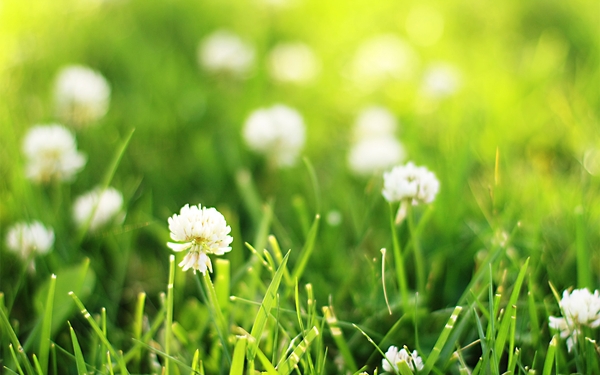
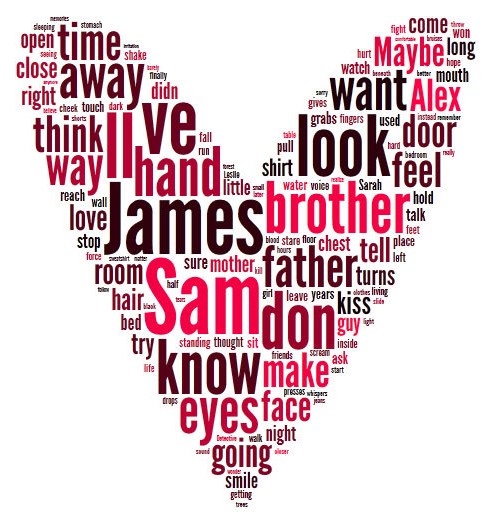
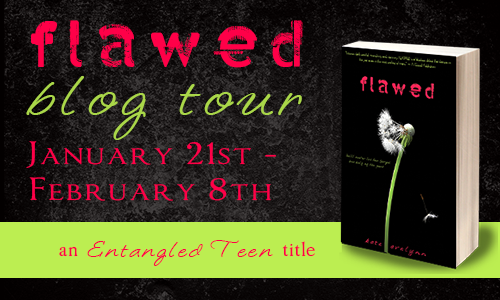
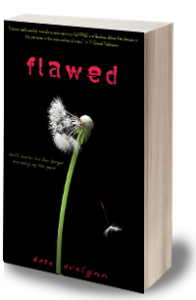
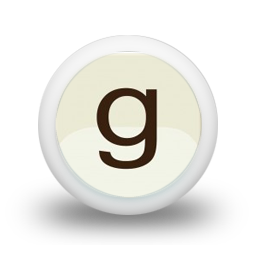


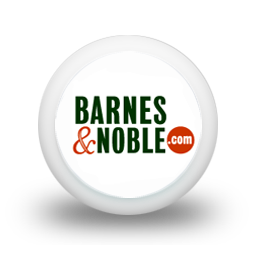

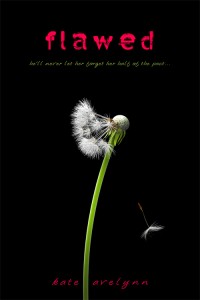
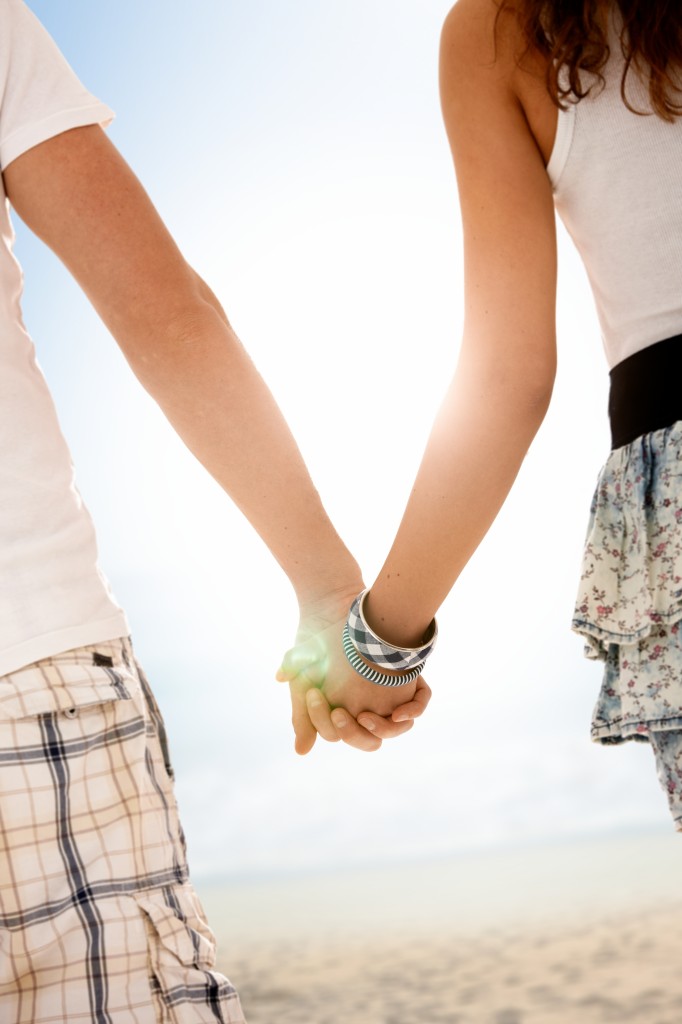
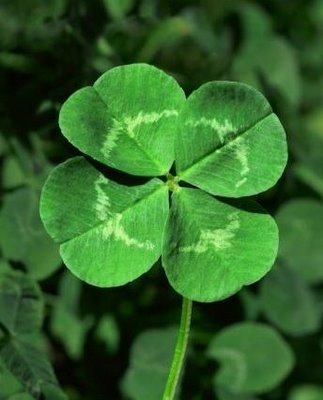 The Rules:
The Rules: